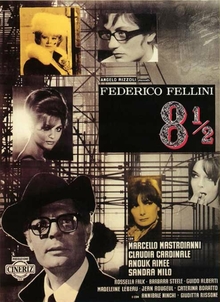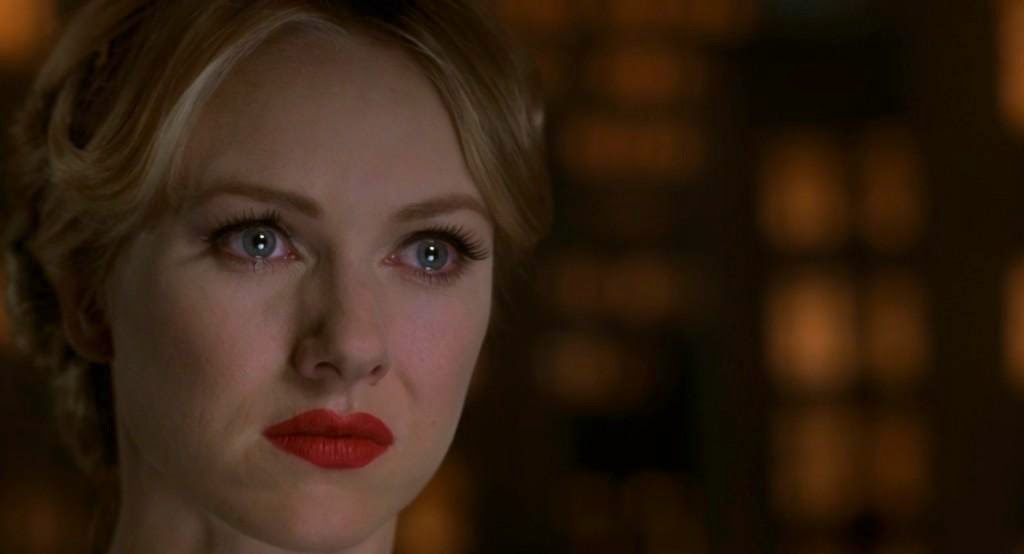| RATING: | 80% |
| FORMAT: | DVD |
Snobbery as a Substitute for Insight
Interesting film about English snobbery as expressed by those who only see what they want to see. However, the wastrel nature of people who have never earned their privileges is never fully dissected nor is an alternative suggested. This movie then becomes a wallowing in the very culture being criticized.
The emotional repression of White Western aristocrats is well presented - along with the inevitable consequences: Lovelessness, materialism and existential angst. And with the loss of the British Empire, the aristocrats have less people to order about and so develop a strong sense of purposelessness - masked by a cunning attempt to pretend that nothing has really changed.
The lack of an integrated inner life leads to the very sexual violence condemned in the lower-class that provides for a fake sense of being fully alive for the upper-classes. All of this is mixed-in with the upper-class dependency on the lower-class to act as scapegoats. Here we have an English culture fossilized because it lives in the past and relies on an upside-down ethics of a Christian god; a country ruled by the ultimate symbol of woman-hating patriarchy: Jack the Ripper.
The wordplay is clever - as you would expect from playwright Peter Barnes - but this soon comes to resemble something of a sprawling mess; albeit an amusing one. Indeed, Arthur LOWE easily steals the show - in his accustomed comedic way. Because the ruling class here implicitly claim divine rights, this movie is ultimately an attack on Christianity and its cosying up to political power to achieve its own political power that it could not achieve independently. All of this is tied its 500-year-long participation in British imperial evil. Moreover, the claim of having “blue blood” is contradicted by the willingness to accept a middle-class person into their ranks simply because she is fertile and can thus save their family line from extinction.
The performances lack depth and the style and themes are more important to the story in any case. The characterization follows suit since the characters are really nothing more than mouthpieces for the playwright’s wit.


















